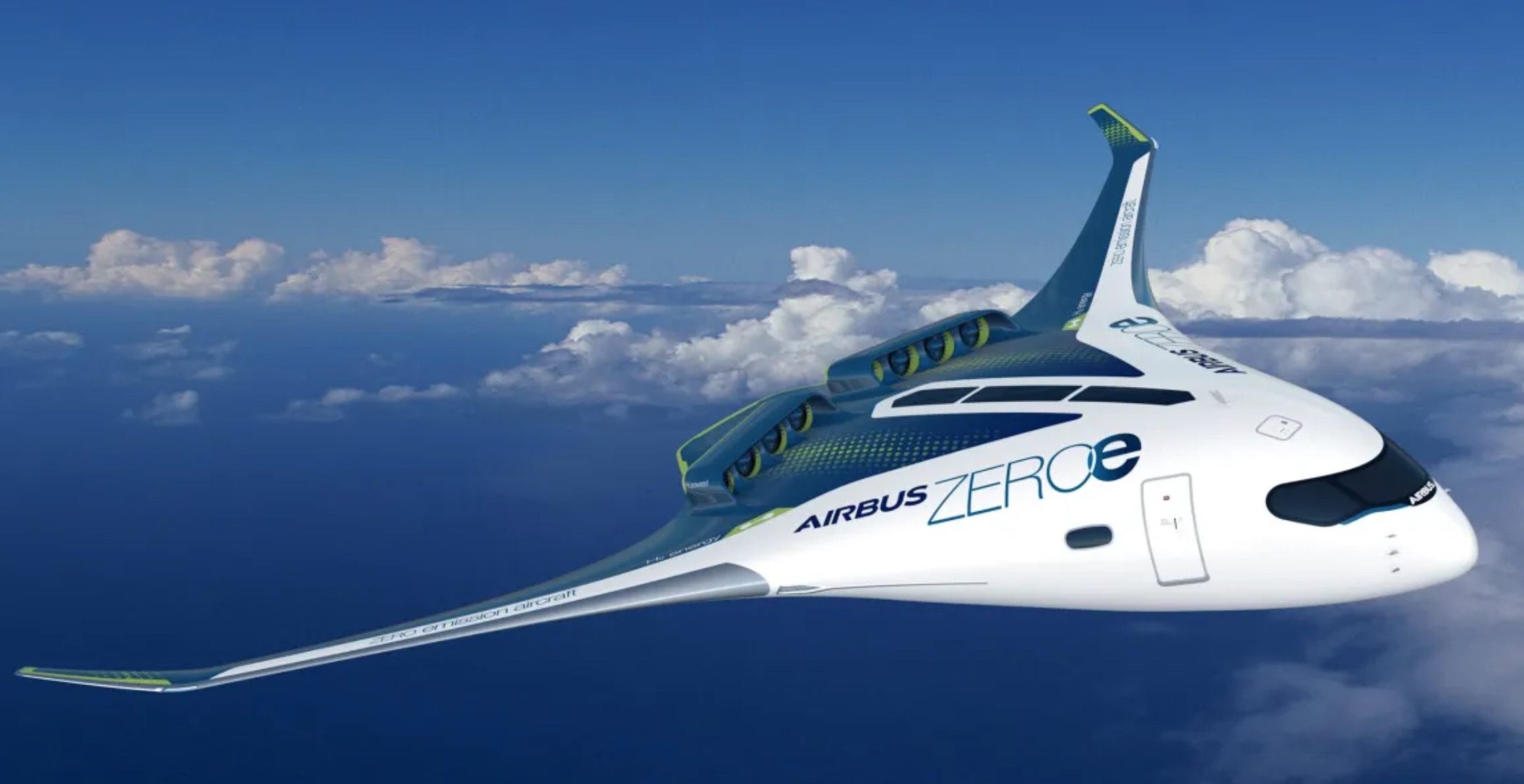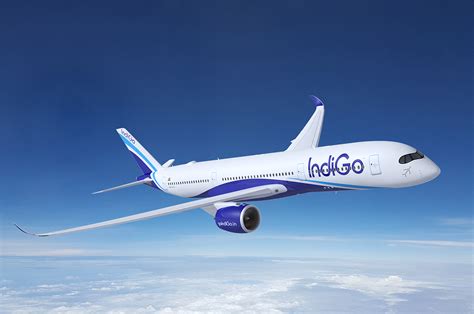
Airbus ZEROe
Hydrogen operations are the target of a Memorandum of Understanding (MoU) between Wizz Air and Airbus to examine the feasibility of hydrogen-powered aircraft operations. The objective is to identify infrastructural and operational requirements and the challenges presented with hydrogen-powered aircraft.
Under the MoU, the parties will collaborate to develop the requirements for a hydrogen ecosystem and the potential impact of hydrogen operations on Wizz Air’s infrastructure, operational tasks, fleet requirements, network, scheduling, airports, and other factors, including aircraft range and refueling time. The cooperation will also examine the evolution of the global hydrogen ecosystem from societal, regulatory, energy pricing, and infrastructure standpoints. Airbus has similar partnerships with Air New Zealand, SAS, and easyJet. We recently discussed the details easyJet’s Director of Flight Operations, David Morgan.

The partnership with Wizz will provide “a much deeper understanding of how operating a zero-emission hydrogen aircraft could positively impact the airline’s future business model,” stated Johan Eidhagen, Chief People and ESG Officer at Wizz Air. “At Wizz Air, we remain ambitious with our growth strategy to deliver on our commitment to make travel affordable for all, while delivering a great customer experience on board one of the youngest and greenest fleets in Europe. We believe that growth and sustainability are not mutually exclusive, we leading-edge new technology paving the way to more sustainable air travel.”
Airbus is looking to its customers to better understand requirements associated with a major change in propulsion technology to hydrogen operations. “Working with our customers is paramount to developing a climate-neutral, zero-emission aircraft by 2035,” said Glenn Llewelyn, Vice President of Zero Emission Aircraft at Airbus. “We are very pleased to have Wizz Air on board to collaborate on the ongoing research and development into the requirements for hydrogen aircraft operations within a hydrogen-powered aviation ecosystem. Understanding airline fleet and network performance enables us to better define the architectural characteristics for a future ZEROe aircraft as well as the impact on airports, ground support, and the route network.”
Wizz Air is one of Airbus’s largest customers for narrow-body aircraft and has a backlog of 34 A320neo, 255 A321neo, 47 A321XLR, and purchase rights for an additional 75 A321neo in its backlog that could reach 411 aircraft.
Views: 5




